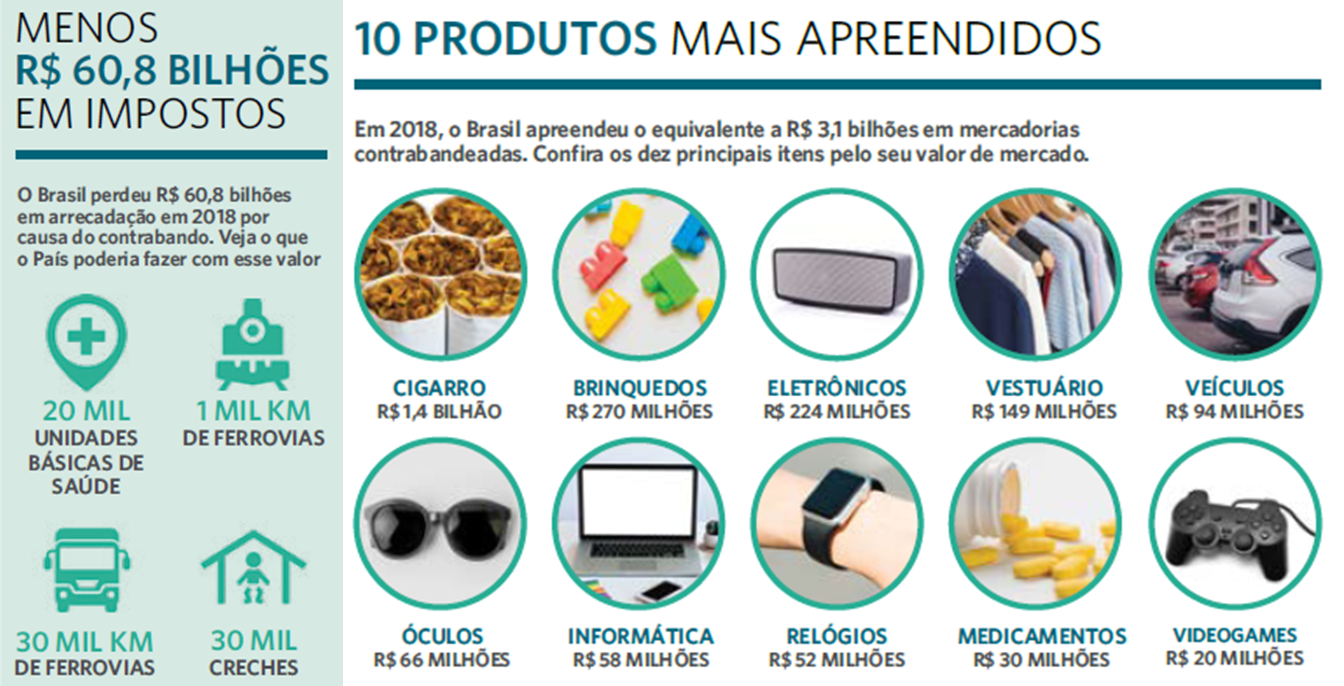Sanitary crimes are more profitable for criminals
Criminal organizations that previously operated in the trafficking of drugs, weapons and other illicit modalities are now migrating to the practice of sanitary crime, more specifically on counterfeiting and drug smuggling. According to the National Agency of Sanitary Surveillance (Anvisa) for every 10 seizures of weapons and drugs, in at least one drug of illegal origin is found. In Mato Grosso, a gang specialized in the manufacture of herbal medicines, the popular “Gotas do Zeca”, continues to operate and distribute the medicine throughout the country.
In May last year, during the “Drágea” operation, the Federal Police, together with representatives from Anvisa, the State Sanitary Surveillance and the Federal and State Public Ministries, closed a drug factory in Cuiabá. On the occasion, it was found the manufacture of packaging, as well as the filling and distribution of phytotherapic, sold in open markets throughout the country. More than 200 thousand bottles were seized, as well as the equipment.
According to the head of the intelligence sector at Anvisa, Adílson Batista Bezerra, the exchange of drugs for drugs, which is done by criminal organizations, has only one explanation: profit. While 1 kilogram of heroin makes about $ 3 in profit, 1 kilogram of high-cost counterfeit medicine pays back $ 75, according to Interpol estimates.
Mato Grosso, in addition to serving as a distribution center for the herbal medicine “Gotas do Zeca”, is the gateway to other counterfeit medicines. Smuggling is mainly done through borders with Bolivia and Paraguay.

The drugs that are most counterfeit, according to Bezerra, are those aimed at erection problems, anabolic and weight loss, respectively. The scenario is the same across the country.
"The majority, around 95%, is found inside illegal pharmacies, which do not have a business license or a responsible pharmacist".
HEALTH RISKS – “Gotas do Zeca” contain only sucrose syrup (sugar water) and plant extracts, according to Anvisa's laboratory analysis. But it promises, according to the label, to be the solution for all “diseases of the intestine, stomach and liver”. If ingested in large quantities by a diabetic, for example, it can kill. Another problem is that, without registration, there is no inspection, even of the water used as the product's basic active ingredient, which may be contaminated with feces.
The penalty for anyone caught for the crime of falsificação of medication ranges from 10 to 15 years in prison.
The Gazeta - Cuiabá/MT - CITY - 12/03/2010



